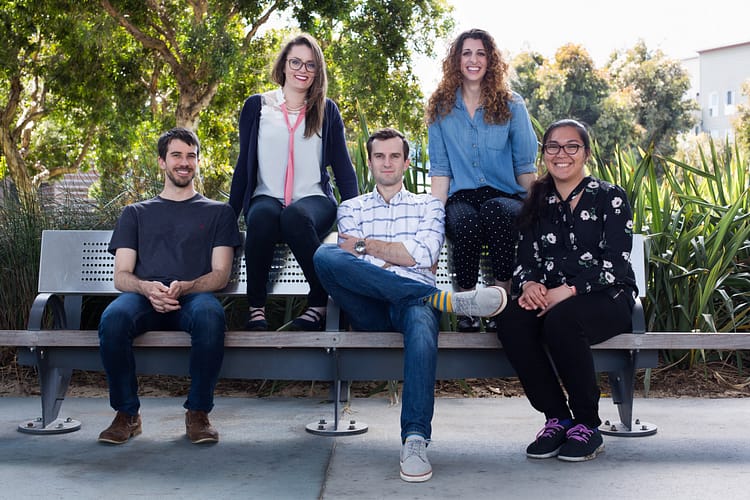Former Uber exec Andrew Chapin takes the wraps off his stealth mental health startup

One can only imagine what it was like to work at
Andrew Chapin joined Uber in 2011 as one of its first hires in New York. He worked his way up to head of vehicle solutions and established Uber’s vehicle finance program, which helps drivers obtain and pay off car leases. He says the struggles within the company gave him severe anxiety, something he was all too familiar with from his stint as a commodities trader at Goldman Sachs.
“There were days when I was walking through lower Manhattan and thinking if I got hit by a car and was in the hospital for a week, it’d be better than going to work,” Chapin told TechCrunch.
At both Goldman and Uber, Chapin would go through rough patches but resisted therapy, in part because of the outlandish costs but mostly because of the hassle. Toward the end of his five-year Uber tenure, he realized the dire need for accessible and flexible tech-enabled tools to help workers endure stressful times, as well as the need to destigmatize the mental health issues prevalent within the tech industry and beyond.
In late 2016, he left Uber to build his own startup. Two years later, he’s ready to share what he’s been working on. Basis, an app meant to help people cope with anxiety, depression and other mental health issues through guided conversations via chat or video, is emerging from stealth today with a $3.75 million investment led by Bedrock. Wave Capital and Lightspeed Venture Partners have also participated in the round.
“Looking back at the Goldman experience of just kind of wallowing in this unpleasant situation, [Basis] would have been an outlet to talk through things and feel lighter,” Chapin said. “At the time, I bottled it up. In retrospect, if I had something to work me through the emotions I was dealing with, it would have been really helpful.”
In the app, users can schedule 45-minute phone calls with unlicensed providers for $35. Because Basis works with paraprofessionals — people trained in research-backed approaches but who don’t have the same certifications as a counseling or clinical psychologist — it’s a much cheaper alternative to paying for a therapist. The startup does not give diagnoses or write prescriptions.
Chapin built the app with co-founder and chief science officer Lindsay Trent, a former research psychologist at Stanford who’d grown tired of watching trained psychologists charge outlandish fees and was hungry for an innovative solution to today’s mental health crises.
“I saw a real gap between what we knew was effective and what people actually received,” Trent told TechCrunch. “Clinicians that are charging $300 a session are not providing optimal care. It’s very frustrating for me.”
Basis provides six pathways: Work, Social, School, Finances, Relationships and Parenting. Within each, users can get same-day access to specialists who they can opt to see on a regular basis or just once.
The idea is that Basis fits into your life much like a SoulCycle class or a call with your best friend — on your terms.
Image Credits: Basis




0 Comments